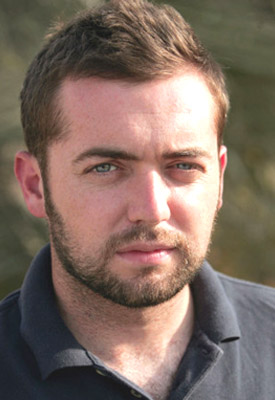Buster
Autopsy Shows Journalist Michael Hastings Had Meth, Pot In System At Time Of Fiery Auto Crash
The family of journalist Michael Hastings was trying to get him into drug rehab at the time he died in a fiery Los Angeles car wreck, according to a coroner’s report released today.
Hastings, 33, was speeding when he “apparently lost control of his vehicle colliding with a tree head-on in a center grass median”  around 4:30 AM on June 18. “Death was rapid, within seconds” due the “massive blunt force trauma” endured by the writer.
around 4:30 AM on June 18. “Death was rapid, within seconds” due the “massive blunt force trauma” endured by the writer.
The L.A. coroner’s report notes that Hastings’s family told investigators that they were attempting to get Hastings into detox since they thought he “had started to use drugs again in the past month or so.” Hastings was believed to have been sober “for about the past 14 years.”
A brother told a coroner’s investigator that he believed Hastings was “currently using DMT,” a hallucinogenic, and medicinal marijuana, which “was believed as prescribed for PTSD, as decedent was a war journalist, having had assignments in Iraq, Afghanistan, and in Baghdad a few years ago.”
A toxicology screen revealed “a small amount of amphetamine” in Hastings’s blood, which was “consistent with possible intake of methamphetamine many hours before death." However, the amount detected was “unlikely to have an intoxicative effect at the time of the accident.” Additionally, “marijuana was present in the blood…indicating intake hours earlier.”
Hastings’s brother also told investigators about a prior traffic accident during which the journalist “collided into a pole several years ago, believed as under the influence at the time, with report decedent had been misusing Ritalin.” Hastings, the coroner reported, “was ultimately institutionalized for rehabilitative care” around 1999.
While Hastings’s history was not known to include “suicide attempt/s or ideation/s,” his brother said that his sibling “believed he was ‘invincible,’ believing he could jump from a balcony and would be okay.” Hastings’s brother added that he “would not be surprised if any stimulants were found within the residence, including cocaine.”

